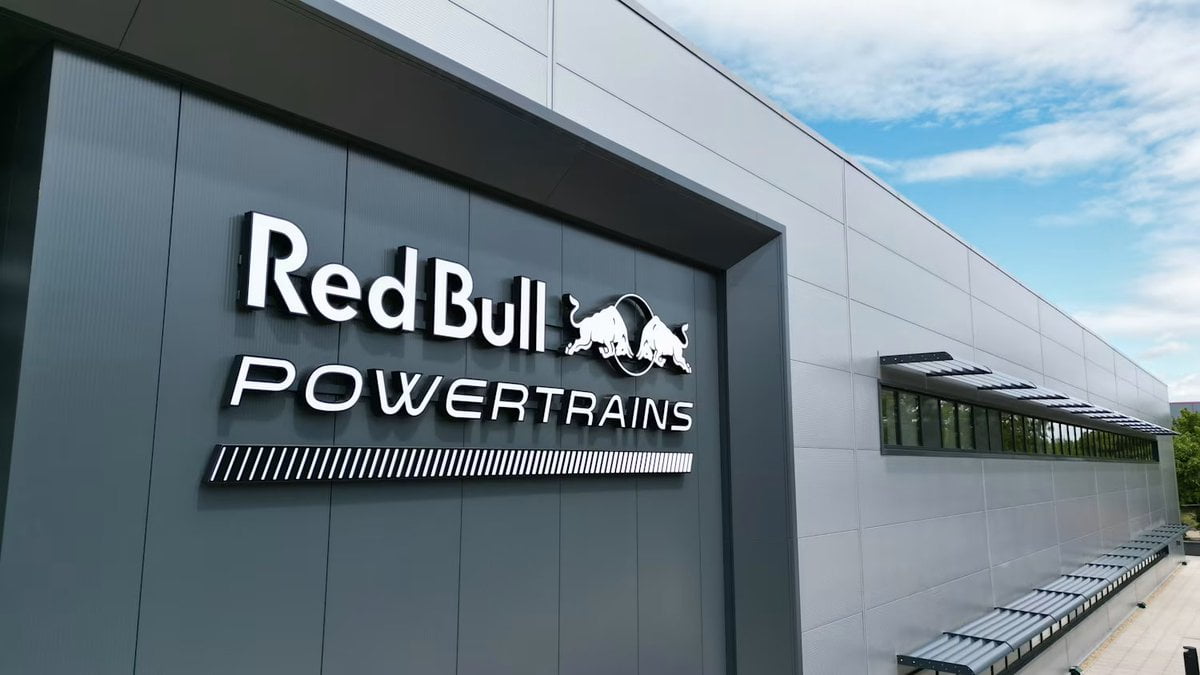Helmut Marko is confident Red Bull Powertrains is on track with its 2026 F1 power unit development “as planned” despite rumours of delays affecting the progress of sophisticated hardware.
Red Bull, which has been partnering with Honda since 2018, has embarked on an ambitious project to develop its own engine to meet the next-generation power unit regulations for Grand Prix racing, which will be introduced in 2026.
After plans to partner with Porsche fell through in 2022, Red Bull signed a marketing and technology deal with Ford, which resulted in the RBPT’s engines sporting the famous blue oval logo.
However, the American auto giant will also provide engineering information on the hybrid elements of the RBPT powertrain.
Red Bull co-founder, the late Dietrich Mateschitz, has expressed concerns about the F1 team’s ability to become an independent engine manufacturer, and while Marko acknowledges the high costs associated with such a project, the Austrian is confident it will succeed.
“It was a brave decision to build our own F1 engine, and it was also a very expensive one,” Marko said in an interview. Grand Prix 247.
“So Dietrich Mateschitz was worried. First, he was worried about whether we could do it alone. Second, he was worried about the cost. There were other manufacturers who were interested in cooperating.
“So when Porsche came along, from a marketing perspective they were the ideal partner,” Marco said.
“It didn’t work out in the end. There were different opinions on what to do and whether it would be a 50/50 partnership. It couldn’t have been easy. So unfortunately, it didn’t work out.”
Red Bull Powertrains, committed to bold engineering efforts, is competing with Ferrari, Mercedes and Renault – not to mention Audi, which will join F1 in 2026 – all of which boast decades of engine development experience.
RBPT face a seemingly formidable task, with reports suggesting three-time world champion Max Verstappen is questioning his future at Red Bull, but Marco is confident that with Ford’s backing, RBPT can compete in the engine department.
“After we decided not to go with Porsche, we found a very good partner in Ford. Ford didn’t want to interfere with the details of the race because we were better,” Marco continued.
“So we have a partnership where Ford can provide knowledge and know-how, for example, on the battery side and so on. But they also support us and of course provide financial support. So it’s a good collaboration.”

Marco draws a distinction between the upcoming engine regulations and the advent of the F1 era in 2014 when Mercedes dominated the field, and says the German manufacturer’s hegemony will not be repeated.
But only time will tell how the competitive landscape will unfold.
“We are currently on track with the engine program. Everything is on schedule. But the challenge is that these are completely new regulations,” he explained.
“50% electric, 50% combustion. So fuel is going to be a big factor. There are no final rules yet on how fast we can put batteries in the engine and how fast we can use 100% e-fuel for the first time.
“I don’t think it’s going to be a game changer like it was in 2014 when Mercedes had a 50-plus horsepower lead. We’ll see when the engine is actually on the track in 2026, but so far it’s going according to plan for Red Bull.”






